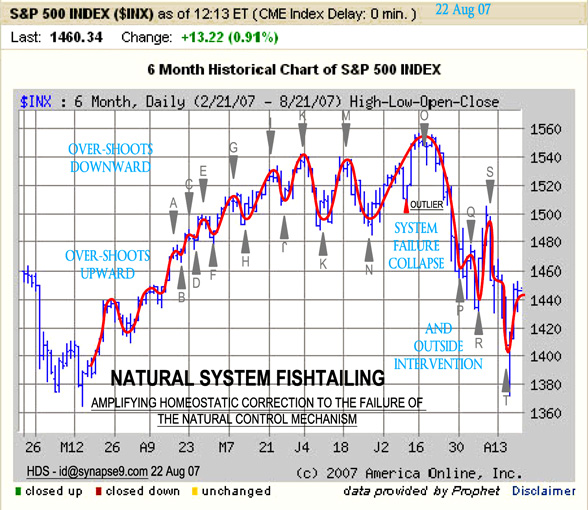___________________
A comprehensive method guiding investors
to compete for profiting the commons
It would not just count profits but also liabilities, in financial terms, using monetized business ESG balance sheets (eco-balance sheets), in combination with normal financial balance sheets.
Then everyone will see the real societal financial costs of making money today, that present or even past investors might well be held responsible for.
___________
The full application of this principle is “A World SDG“, to provide TRUE MEASURES of sustainability for business, consumer and policy choices, and applying the basic science research for ‘Scope 4’ accounting and the 2011 Systems Energy Assessment (SEA) paper . It is still “new science” though, and so demands fresh questions too. It takes investigating the actual organization of the working systems of our world, looking for regular patters of in the system as a whole, what causes them and how they are change, more than theory. It’s surprising both how little we notice going on around us, and how much we see but don’t notice what is implies. A workshop method for opening people’s eyes to what’s really happening all around them can be found in the 3Step Method of Learning to Work with Nature.
The original version of this proposal was submitted to the Rio+20 Dialogues for comment and voting as: “Budgeting for “the commons” needs business “ecobalance” sheets, to compare environmental liabilities and benefits”. See “News of the Commons” for introductions to the vision and the systems thinking needed for a commons based approach to sustainability. It’s part of my “reality math” series.
It’s proposed as part of the foundation of collaborative free market institutions needed for the health of the competitive free markets, as an element of Helene Finidori’s “Commons-Sense” and the “commons based economic models” she proposed. Their intent is to solve the global economic crisis by making the commons work for the whole, as a replacement for the paradigm of “prosperity” with ever expanding development.
The proposal would accelerate how the business community is responding to their environmental liabilities. They’re hiring teams of sustainabilty experts, using comprehensive sustainabilty reporting (CSR) to track Environmental, Sustainability and Governance (ESG) factors, following both private and public standards, such as for the Global Reporting Initiative (GRI). The reason business has a new interest in environmental liabilities is that they are driving corporate assessed values, as economic liabilities.
To protect natural resources local stakeholders would still need a say in the use of local resources. To protect global resources for the future an equitable way to restrain growing economic demand is needed. World standards for Comprehensive Sustainability Reporting (CSR) wold accurately assess the impacts of business products. Then Economic Liability Assessments (ELA) of their economic costs to our future, would allow the world to act as a resource commons. It would provide equitable market constraints on high impacts would, to suppress demand, and fund investment in alternatives. ELA reports would be the basis of the “Eco-balance sheets” called for below, to be reported in business annual reports and factored into Pigovian taxes/tariffs on their products and services.
The basic scientific methods of doing accurate CSR and ELA assessments are what are discussed below. The current statistical methods of environmental and economic accounting contain a major systematic inaccuracy. Simply said the error is in relying on tracing individual records rather than assessing whole system requirements,
an inaccuracy caused by not asking who sliced up the pie, to check the accuracy of trying to trace all the crumbs.
a scientific method difference
between economic accounting and systems accounting

_________________
Our Economic Liabilities for Environmental Damage
are direct costs of prior profits for business
that went unaccounted for.
New systems physics (3) would now allow the development of model “eco-balance sheets” to be placed along side normal “financial balance sheets” in annual business reports. That would provide a clear and quicker way than others for using market forces to correct our systemic problem of unaccountable impacts on our future.
Businesses have long accumulated unaccountable impacts by investing in growing irreversible exploitation, and now accelerating depletion, of what once seemed limitless capacities of people and the earth. It’s enormously costly for our future.
Investors and business managers can make better investing decisions if ESG measures capture the whole impact.
Those investment strategies incurred very costly economic damage to our future economy, that the businesses that created them were not charged for. For estimating environmental impact costs like that there are various methods, and some major recent innovations. Continue reading Budgeting for “the commons” needs business “eco-balance” sheets

